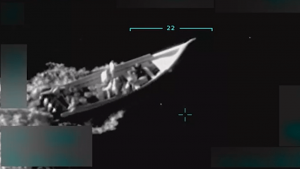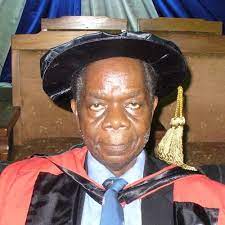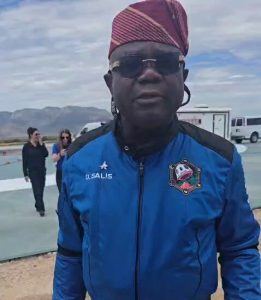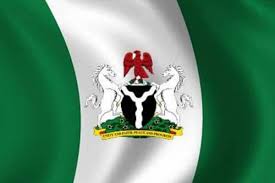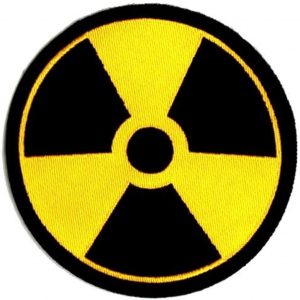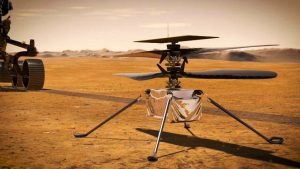Nigerians held a general election on 25 February, 2023 to elect a new President and members of the National Assembly.
The four main presidential candidates, according to the local media, were (in alphabetical order): Atiku Abubakar of the PDP, Rabiu Musa Kwankwaso of the NNPP, Peter Obi of LP and Bola Ahmed Tinubu of the APC.
When the results came on 1 March, 2023 Bola Tinubu of APC was declared winner. Atiku Abubakar came second; Peter Obi was third.
Ninety-five million voters, 10 million more than in the last election in 2019, were registered to vote in 176,846 polling units in 36 states of the country and Abuja, the Federal Capital.
A total of 12,163 candidates from 18 political parties contested for President, 109 for Senate, 360 for House of Representatives while 28 are contesting for Governorship and 993 for State Houses of Assembly positions.
The election for state governors comes three weeks after the presidential election.
There was restriction of movement and election materials arrived late in many polling stations on election day. Voting was delayed in many areas and the results were not uploaded immediately as planned but one day after, heightening tension.
According to a source close to the electoral body, 162 attempts were made to hack INEC’s server in 72 hours so, only officially declared results are uploaded.
The opposition parties will not take any excuse of any glitch in the system which was said to be hack-proof, encrypted and secure.
Another challenge was in handling the huge number of voters and avoiding the problems of the past: Ensuring that only accredited persons vote and ascertaining the correct number; preventing falsification of results at the polling stations as well as during collation and finally, restoring confidence in the system.
Nigeria’s electoral body, Independent National Electoral Commission, INEC, introduced the Bimodal Voter Accreditation System, BVAS, and the INEC Election Result Viewing portal, IReV.
BVAS authenticates a Permanent Voter’s Card, PVC, by reading the security features embedded in its barcode and identifies the owner as a voter from the name, fingerprint or facial recognition.
It will also upload the result of the election in each polling station in Form EC8A into the IReV and into INEC’s backend server.
Nigeria, now, has full Internet coverage so, communication using the technology by trained staff on election day was not expected to be a problem.
The IReV is an online portal for election results in which at frontend, people can create personal accounts to access uploaded results in PDF files in real time.
Where fingerprint accreditation fails, the BVAS machine will use facial recognition and when both fail, you cannot vote.
No more use of Incident Forms as in the past where someone fills-in and signs that he is a voter but his PVC is not identified by the card reader and he is allowed to vote.
Also, voting is cancelled in any polling station where number of votes cast exceeds the number of accredited voters.
In the past, sometimes ballot papers for voters who did not turn up are thumbprinted or assigned to a preferred candidate and stuffed into the ballot box.
The Electoral Act was amended in 2022. Sections 64, Subsections 4, 5, 6 paved the way for biometric accreditation of voters and electronic transmission of results.
Can the figures in INEC’s server conflict with the officially declared results, the courts can cancel the entire election.
The law was made to stop INEC staff from falsifying results but now INEC is also guarding the system from outside abuse.
Before then, the BVAS was tried in the Anambra State Governorship election on November 6, 2021.
There were few reports of delays in the process and INEC allowed voting in the affected stations to go beyond 2:30pm to 4:30pm.
Also, in Isoko South Constituency 1 bye-election in Delta State on September 10, 2021 there were reports of BVAS machines not being able to read the faces of some elderly people.
These were seen as a learning process for INEC as it re-trained its staff and re-strategises for free, fair and credible elections that will be acceptable using technology in 2023.
Nigeria approved ₦305 billion for the election with an equivalent of ₦3,263 per voter. For the 2019 election, it was ₦234 billion at ₦2,841 per voter. South Africa with half of Nigeria’s population is budgeting ₦20.1 billion for its 2024 election.
Nigerians hoped that INEC’s experience in conducting elections and the level of technology deployed in the 2023 exercise will restore confidence in the system and make the results generally acceptable.

